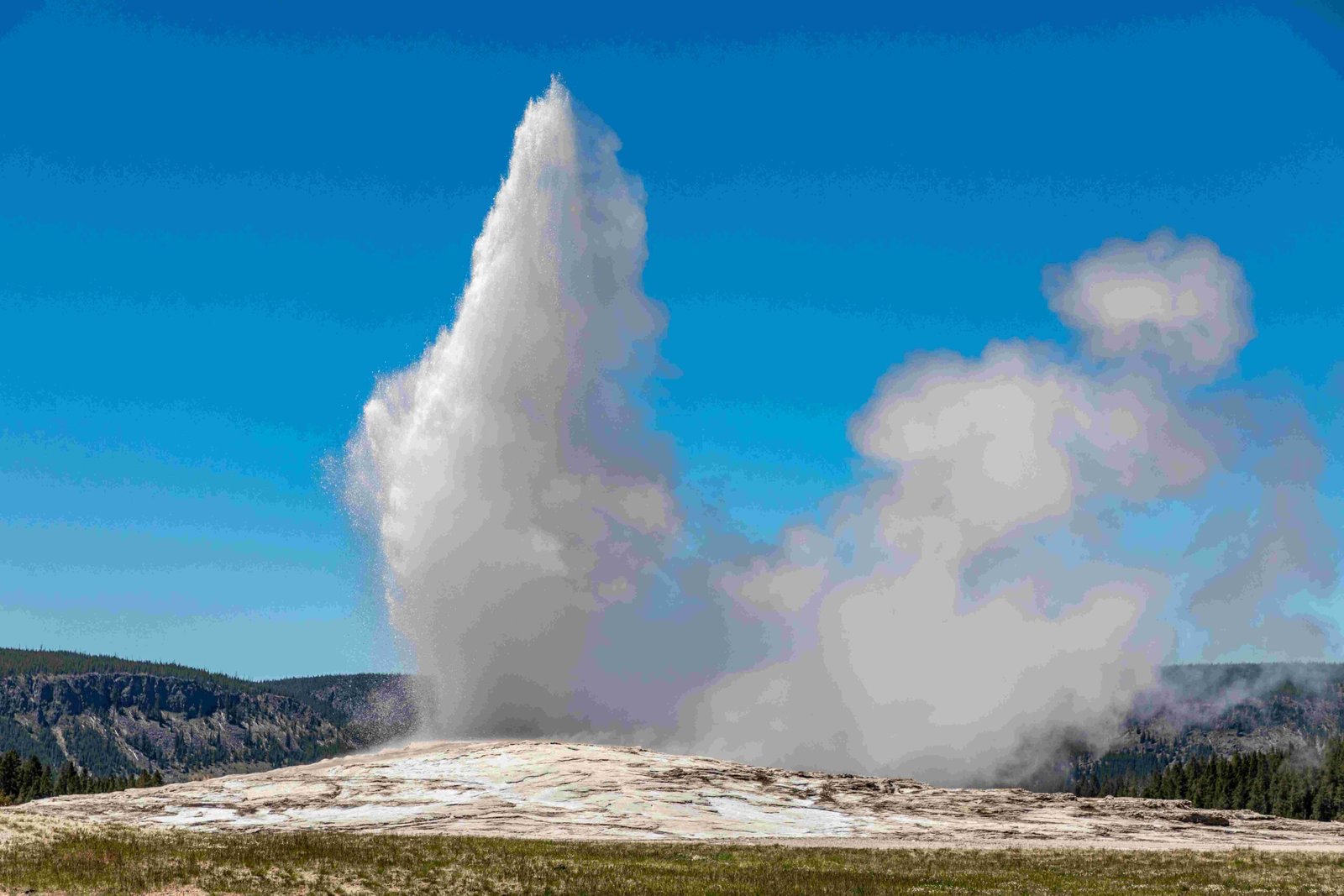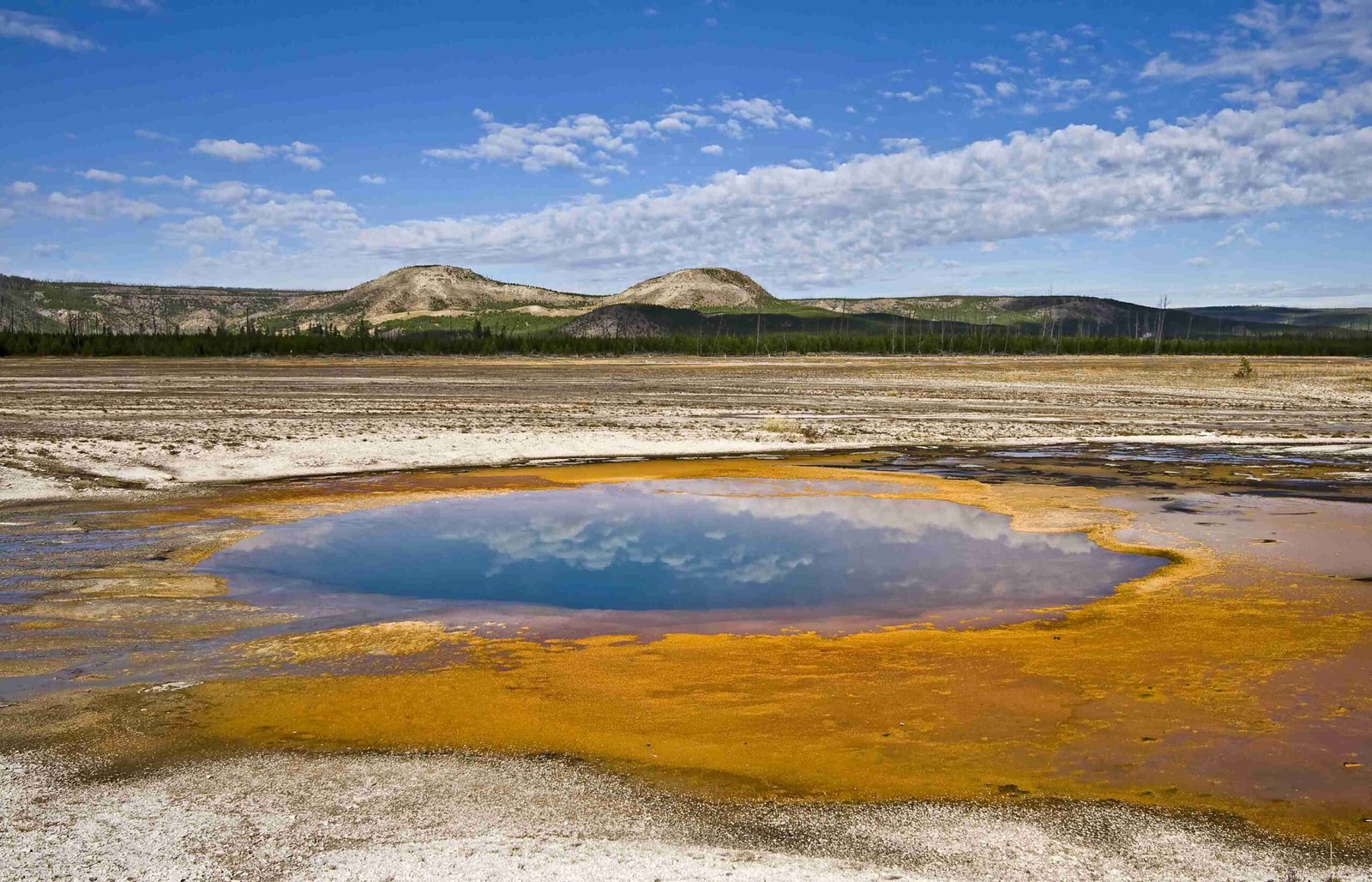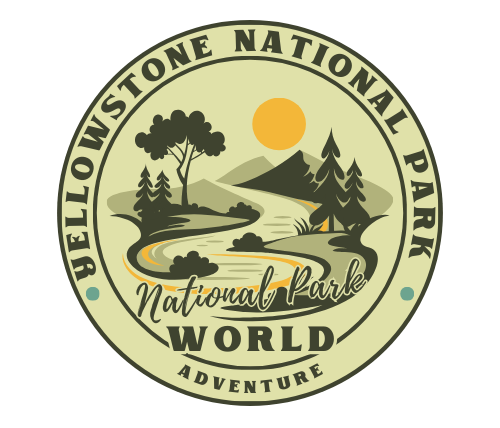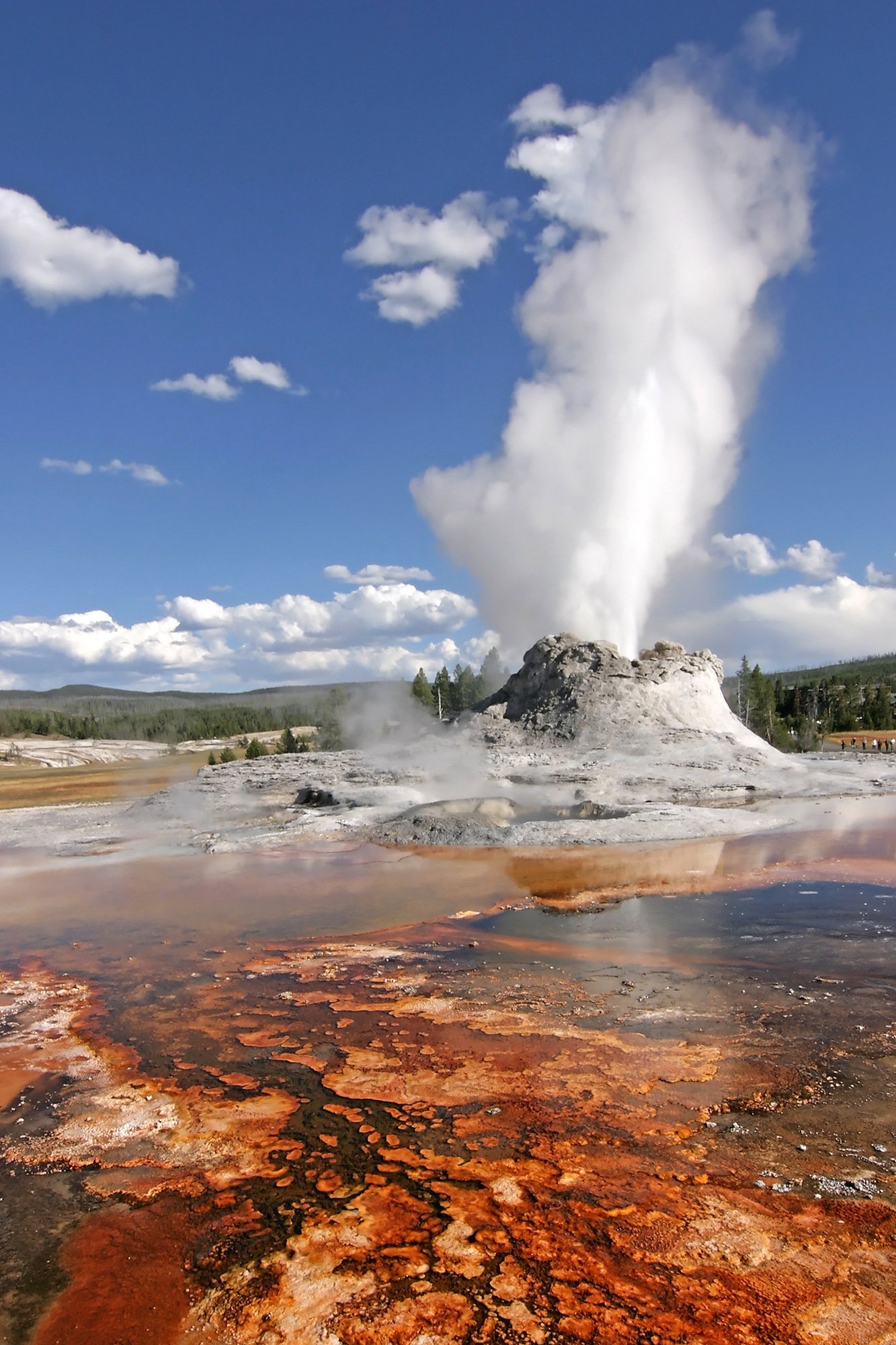Lower Yellowstone Falls, located in Yellowstone National Park, Wyoming, USA, is a breathtaking 308-foot waterfall that plunges into the Grand Canyon of the Yellowstone. This iconic natural wonder attracts millions of visitors annually, offering stunning views and hiking opportunities. The falls are accessible from various viewpoints along the North and South Rim Drives, each providing unique perspectives of the cascading water and surrounding canyon landscape.
What Are the Best Viewing Points for Lower Yellowstone Falls?

Lower Yellowstone Falls can be admired from several vantage points, each offering a distinct experience:
- Artist Point
- Location: South Rim Drive, 1.6 miles east of Chittenden Bridge
- Features: Short, paved walk from parking lot
-
Best time: Morning for optimal lighting
-
Lookout Point
- Location: North Rim Drive
- Features: Historic viewpoint with safety railing
-
Accessibility: Short walk from parking area
-
Grand View
- Location: North Rim Drive, northeast of Lookout Point
- Features: Panoramic canyon views
-
Accessibility: Wheelchair-accessible trail from Lookout Point
-
Inspiration Point
- Location: North Rim Drive
- Features: Distant view of Lower Falls
-
Accessibility: Short walk from parking area
-
Brink of the Lower Falls
- Location: Both North and South Rim Drives
- Features: Close-up view of the falls’ power
-
Accessibility: Top viewpoint is wheelchair-accessible
-
Red Rock Point
- Location: Same pullout as Lookout Point
- Features: Intimate view of the falls
- Trail: Steep, paved with switchbacks and steps
What Hiking Trails Lead to Lower Yellowstone Falls?

Several trails offer hikers the opportunity to experience the falls up close:
- Brink of the Lower Falls Trail
- Length: 3/4 mile round trip
- Difficulty: Moderate to challenging
- Duration: 1-2 hours
-
Highlight: Direct view of the falls’ brink
-
Uncle Tom’s Trail
- Length: 1 mile round trip
- Difficulty: Challenging (328 steps)
- Duration: 1-2 hours
-
Highlight: Viewpoint near the base of the falls
-
Red Rock Point Trail
- Length: 1/2 mile round trip
- Difficulty: Challenging
- Duration: About 1 hour
- Highlight: Lookout deck adjacent to a reddish cliff
How Can Photographers Capture the Best Shots of Lower Yellowstone Falls?
To capture stunning images of Lower Yellowstone Falls, consider the following tips:
- Optimal Lighting
- Best times: Early morning and late afternoon
-
Golden hour: Soft, warm light enhances the scenery
-
Recommended Equipment
- Wide-angle lens: Captures the falls and canyon
- Polarizing filter: Reduces glare, enhances colors
-
Tripod: Ensures stability in low light conditions
-
Prime Vantage Points
- Artist Point: Iconic distant view
- Brink of the Lower Falls: Close-up, powerful perspective
- Lookout Point and Grand View: Broader canyon views
What Essential Information Should Visitors Know?
Before visiting Lower Yellowstone Falls, keep these details in mind:
- Seasonal Accessibility
- Park open year-round
- Some facilities and roads may close in winter
-
Check National Park Service website for current conditions
-
Visitor Center Hours
- Canyon Visitor Education Center: Open late April to early October
-
Hours may vary; verify on park’s website
-
Parking Regulations
- Free parking available at viewpoints
- Spaces fill quickly, especially at popular spots like Artist Point
-
Potential restrictions during peak season
-
Required Permits and Fees
- Entrance fee required for Yellowstone National Park
- Check National Park Service website for current fees
- Specific permits may be needed for certain activities
What Are the Unique Features of Lower Yellowstone Falls?
Lower Yellowstone Falls boasts several distinctive characteristics:
- Height and Volume
- Height: 308 feet (94 meters)
-
Flow rate: Varies seasonally, peaking in late spring/early summer
-
Geological Formation
- Part of the Grand Canyon of the Yellowstone
-
Carved through layers of rhyolite lava flows
-
Wildlife Viewing
- Opportunities to spot various bird species
-
Occasional sightings of larger mammals in surrounding areas
-
Historical Significance
- Discovered by the Washburn-Langford-Doane Expedition in 1870
- Played a role in the establishment of Yellowstone as the first national park
How Does Lower Yellowstone Falls Compare to Other Waterfalls in the Park?
Lower Yellowstone Falls stands out among Yellowstone’s waterfalls:
| Feature | Lower Yellowstone Falls | Upper Yellowstone Falls | Tower Fall |
|---|---|---|---|
| Height | 308 feet | 109 feet | 132 feet |
| Location | Grand Canyon of the Yellowstone | 1/4 mile upstream from Lower Falls | Tower Creek |
| Accessibility | Multiple viewpoints | Easily accessible | Short hike required |
| Popularity | Most visited | Less crowded | Moderate visitation |
What Conservation Efforts Protect Lower Yellowstone Falls?
Yellowstone National Park implements various measures to preserve Lower Yellowstone Falls:
- Erosion Control
- Maintenance of designated trails and viewpoints
-
Restrictions on off-trail hiking in sensitive areas
-
Water Quality Monitoring
- Regular testing of Yellowstone River water quality
-
Management of upstream activities to minimize pollution
-
Visitor Education
- Interpretive signage at viewpoints
-
Ranger-led programs on the falls’ geology and ecology
-
Sustainable Tourism Practices
- Encouragement of Leave No Trace principles
- Controlled visitor access during peak seasons
By understanding these aspects of Lower Yellowstone Falls, visitors can fully appreciate this natural wonder within Yellowstone National Park, Wyoming, USA. The falls’ majestic beauty, coupled with the surrounding canyon landscape, offers an unforgettable experience for nature enthusiasts and photographers alike.
References:
1. LOWER FALLS – Yellowstone Waterfalls
2. Grand Canyon of the Yellowstone: Best Viewpoints, Things to Do
3. Lower Falls – Grand Waterfall in Yellowstone’s Grand Canyon
4. Yellowstone National Park Official Website
5. Yellowstone’s Grand Canyon

